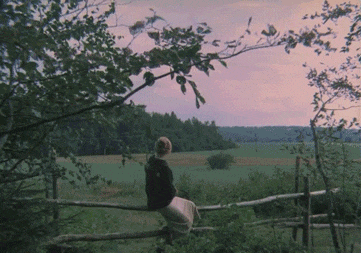Béla Tarr
Hungarian filmmaker, Tarr is renowned for his existentialist and realist views of life’s meaning (or lack of) in his films. In Béla Tarr’s final film, ‘The Turin Horse’ (2011), we are hypnotized by the repetitive mundane life of a farmer and his daughter, who work relentlessly on their farm to survive whilst having to tend to their abused, mentally unstable horse. The horse originally belonged to German philosopher, Friedrich Nietzsche, where in the Italian city of Turin he severely abused his horse, causing him to have a psychological breakdown.
Béla Tarr’s film techniques separates himself from other realist techniques because he incorporates the notion of ‘The Seer’, exposing us to the entire melancholic environment of the character’s lives, figuratively reflecting how they feel within. Tarr’s use of emotion for the film is shown through black and white, specific lighting in certain scenes, camera movements, composition and angle.
Prepare your emotional reaction to the miserable life of the farmer and his daughter to be completely numbed. As the viewers, we are more so mesmerized into the slow, depressing, down spiral routine of the character’s lives. Through this specific film tactic, Béla Tarr forces his viewers to feel the realism within the life of the characters, which is a cold, infinite gaping hole of darkness.
The Turin Horse
director BÉLA TARR
year 2011
director of photography FRED KELEMEN
cast JÁNOS DERZSI, ERIKA BÓK and MIHÁLY KORMOS
text ELLEN GRACE
What to read next






